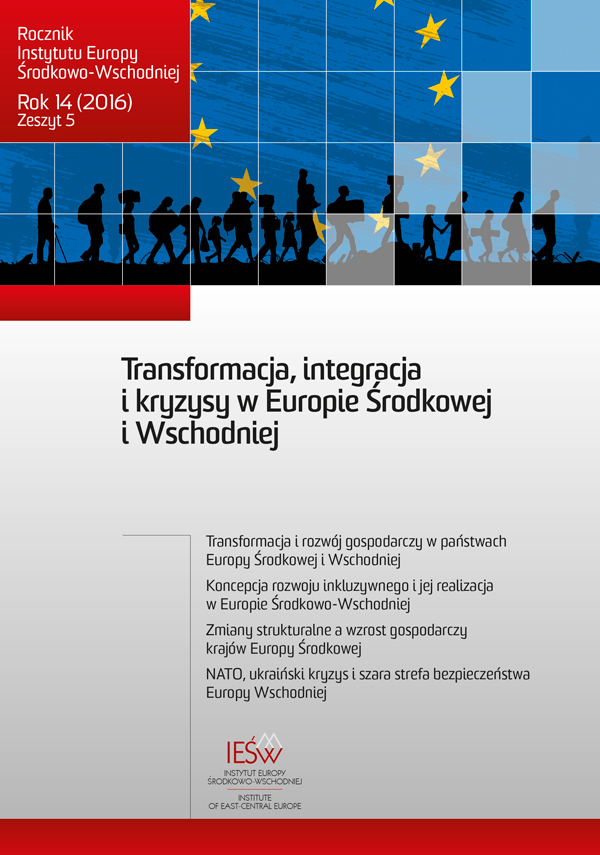Przekształcenia własnościowe w państwach postsocjalistycznych: cele, strategie, wyniki
Ownership Transformation in the Post-Communist Countries: Goals, Strategies, Effects
Author(s): Piotr KozarzewskiSubject(s): Micro-Economics, Marxist economics, Economic policy, International relations/trade
Published by: Instytut Europy Środkowej
Keywords: privatization; post-communist transition; economic policy; interest groups; Central and Eastern Europe
Summary/Abstract: The paper presents an analysis of the efficiency and outcomes of privatization policies in post-communist countries from the perspective of the degree of meeting the privatization goals set by the respective governments. These goals have covered a wide range of systemic, microeconomic, social and political issues and their meeting required creation of a strategy which would resolve a set of dilemmas of structural, implementation, and technical nature. In practice, there were four models of privatization policy according to the way the goals had been set and the dilemmas answered. None of these policies were efficient enough to meet all the privatization goals fully – mainly because of vested interests which were extracting rent from the state-controlled sector. However, the degree of success varies significantly among groups of countries, the CEE states being the leaders of ownership transformation, although even in this group some important unfinished agenda still exists and even trends towards expansion of ownership functions of the state can be seen.
Journal: Rocznik Instytutu Europy Środkowo-Wschodniej
- Issue Year: 14/2016
- Issue No: 5
- Page Range: 23-48
- Page Count: 26
- Language: Polish

